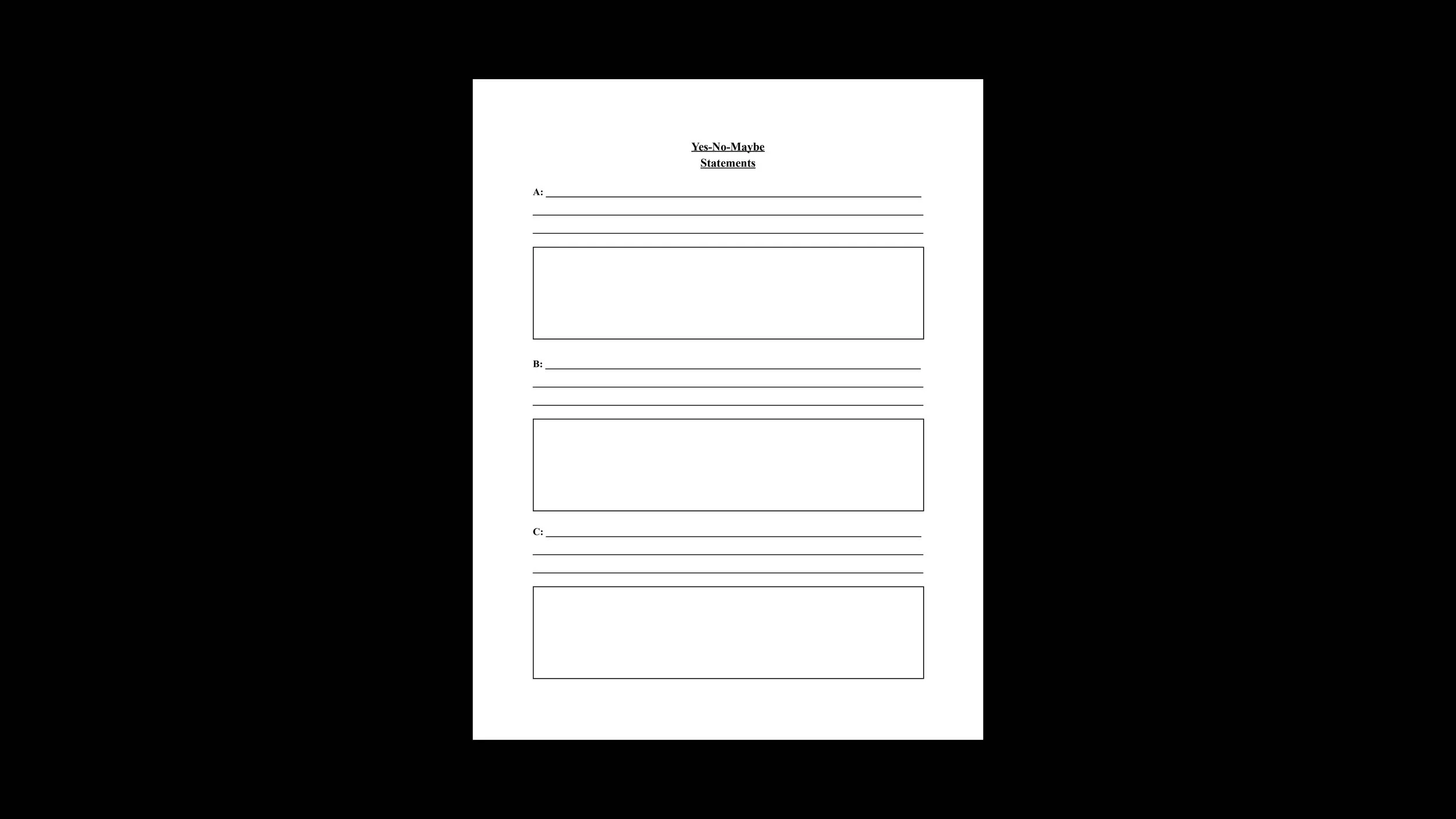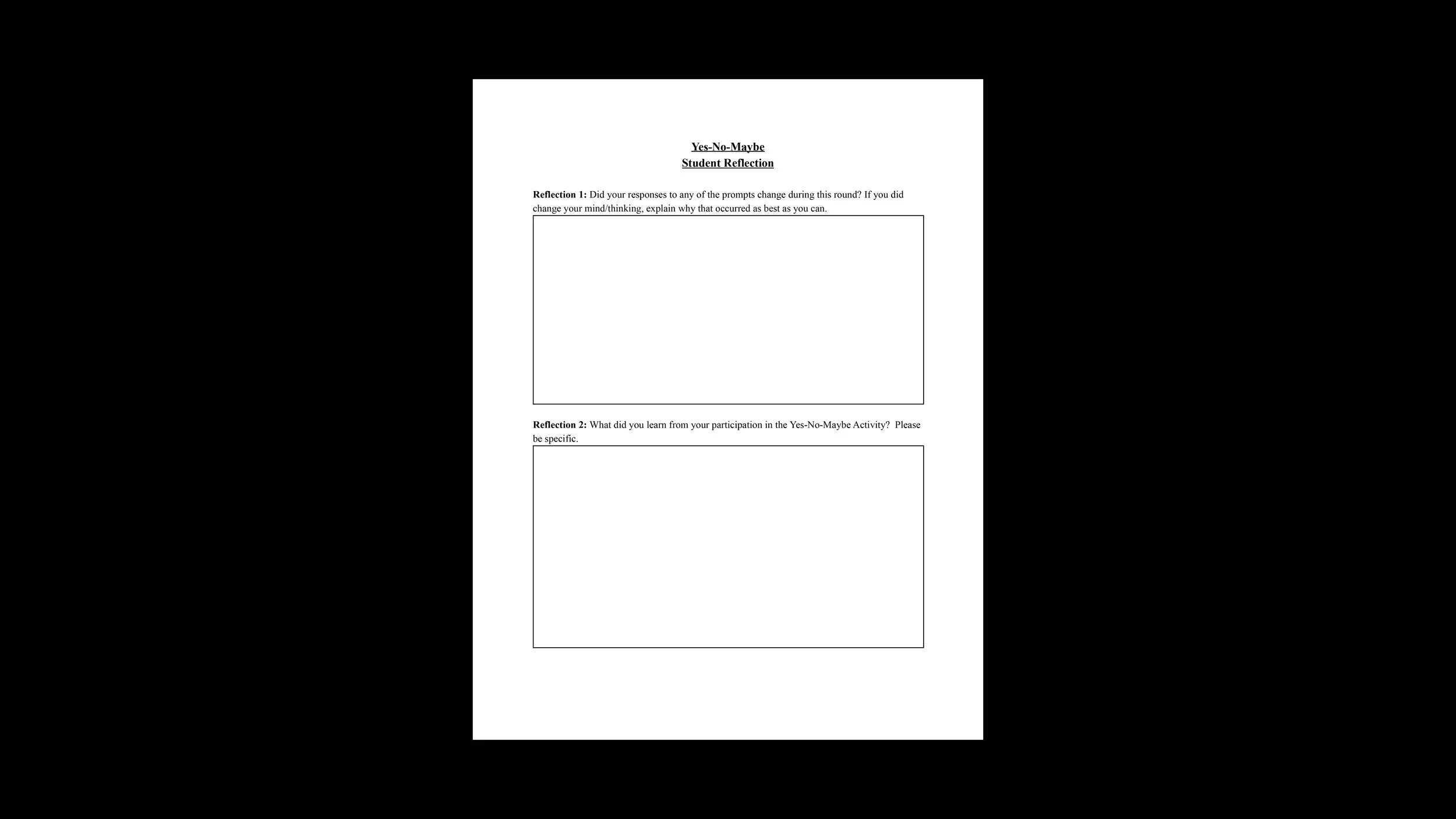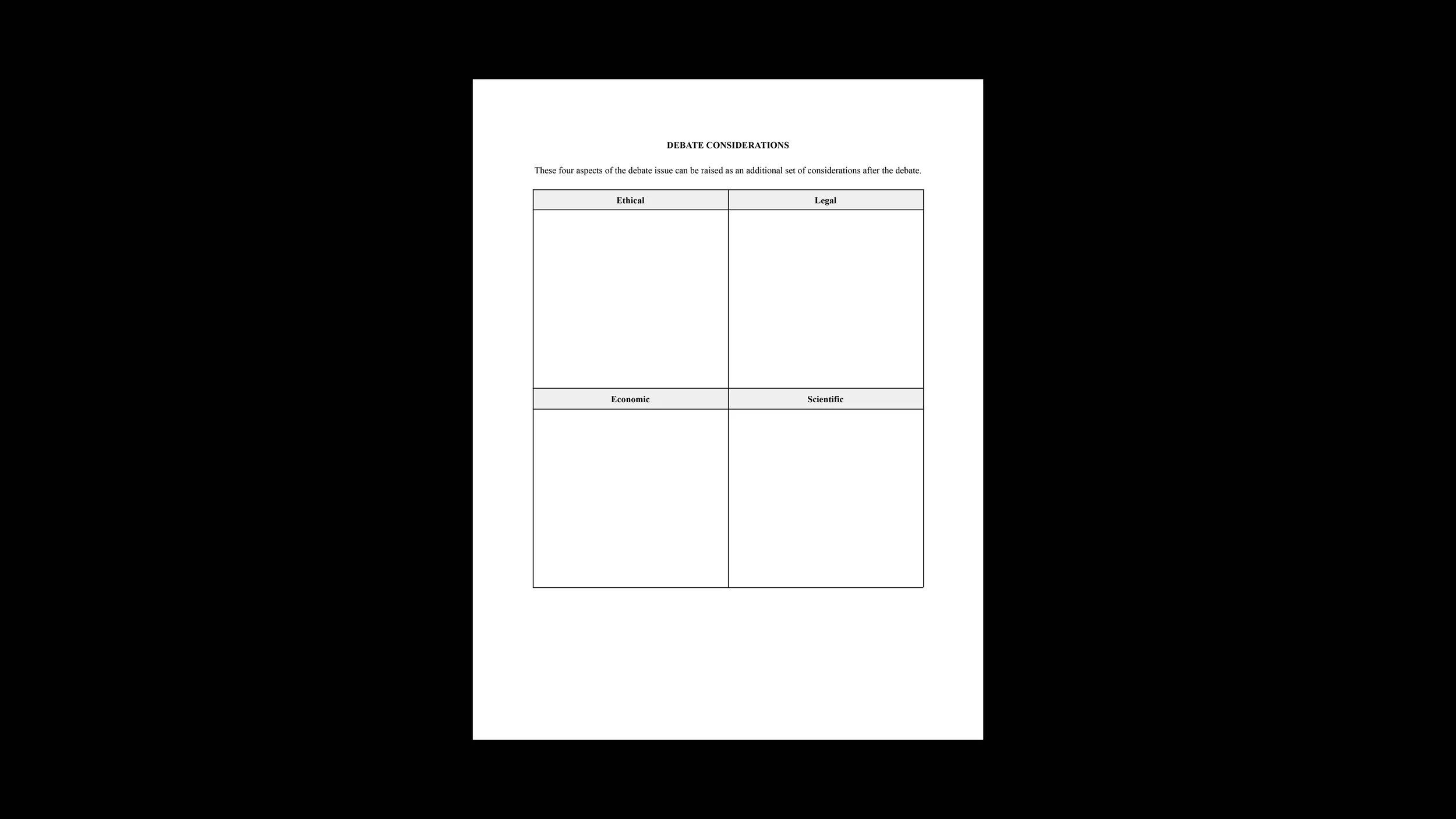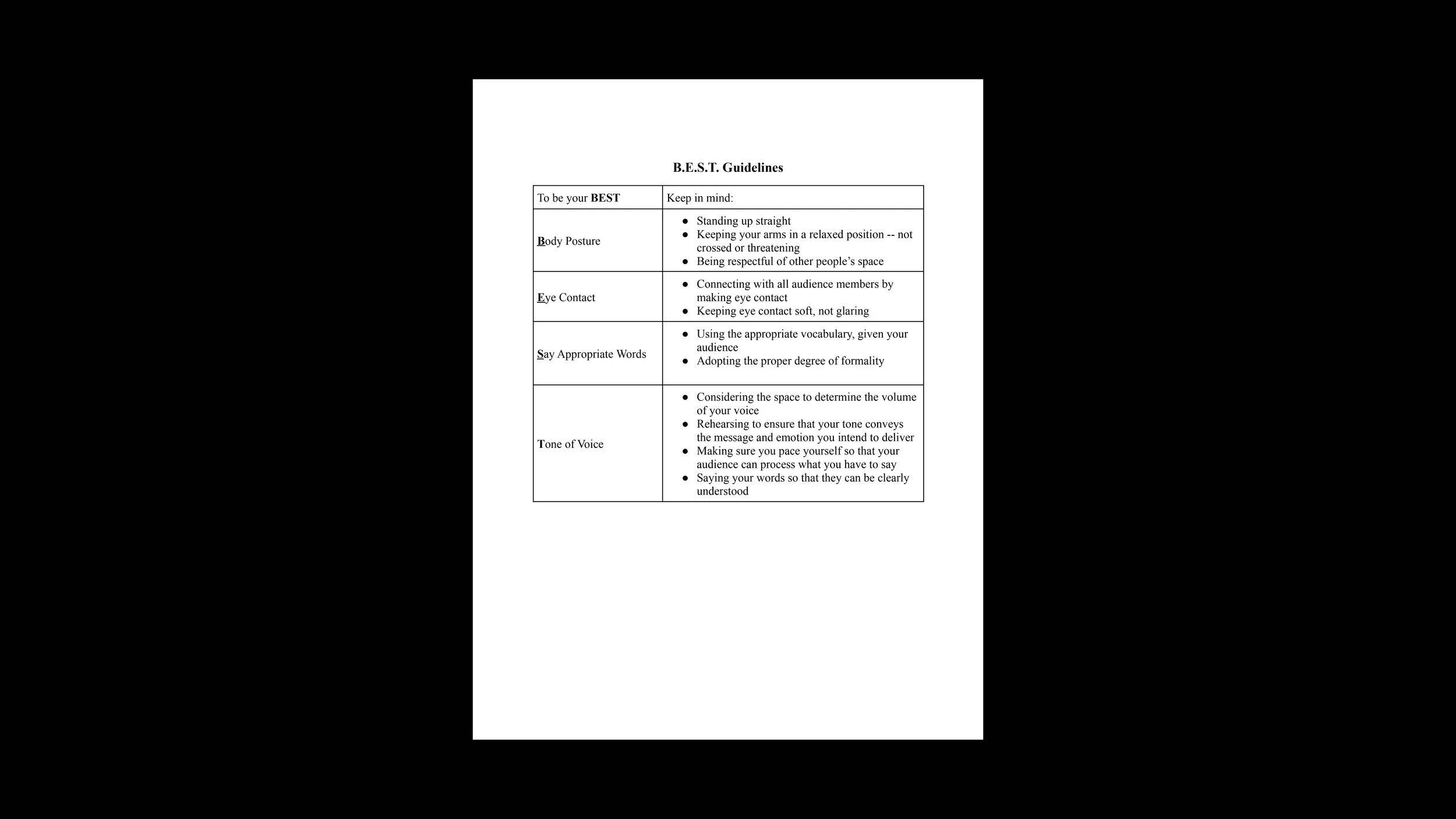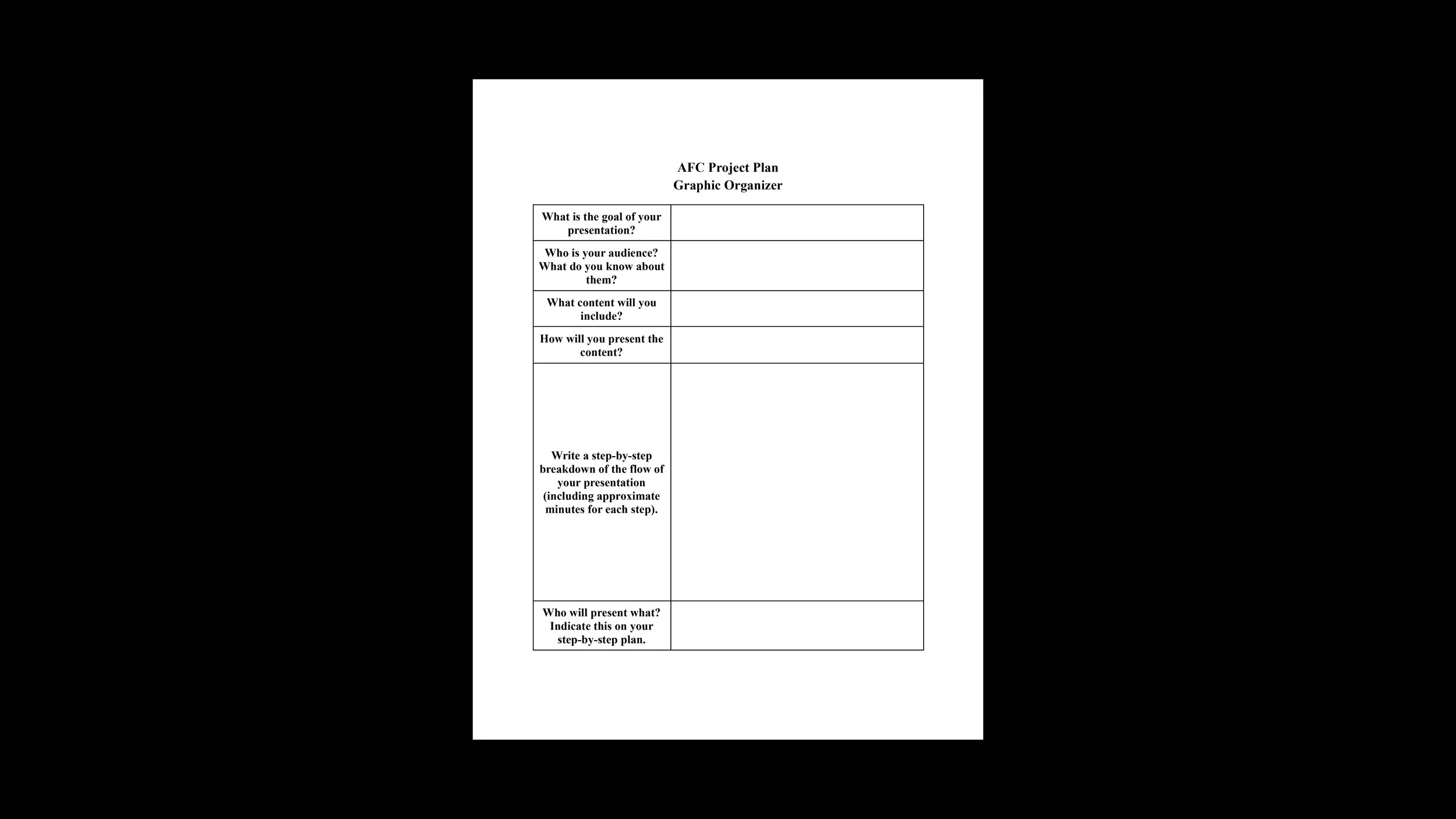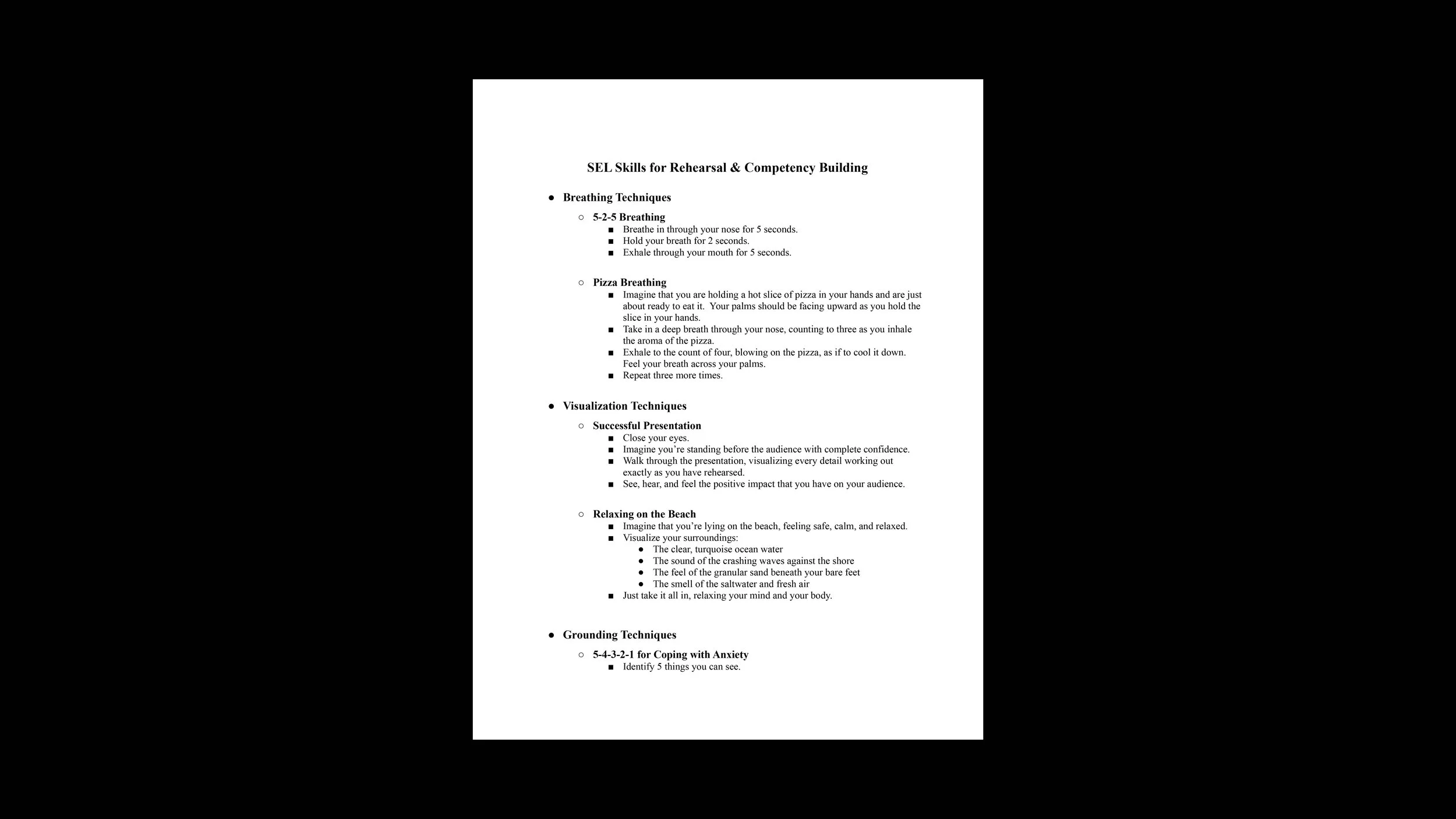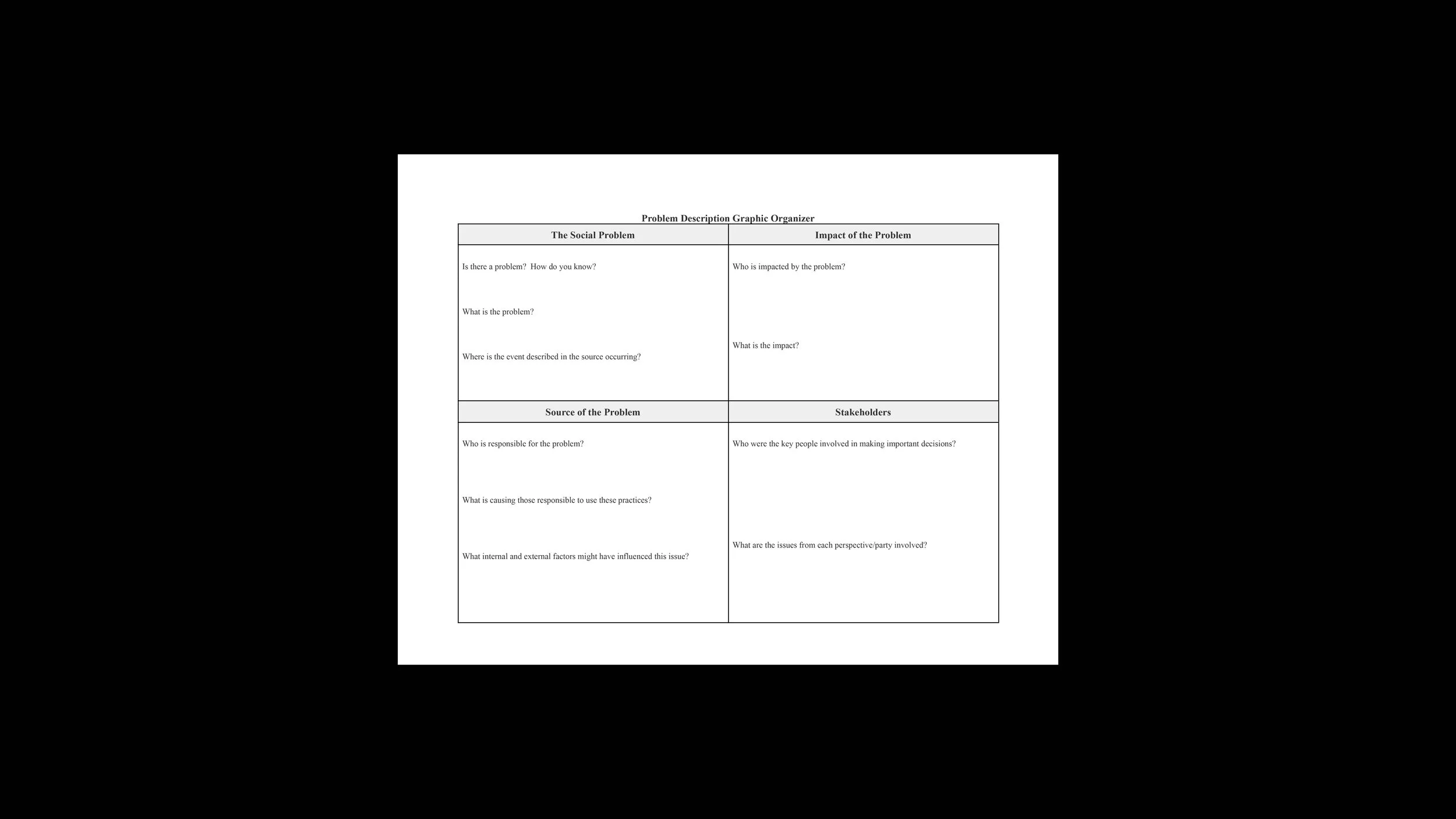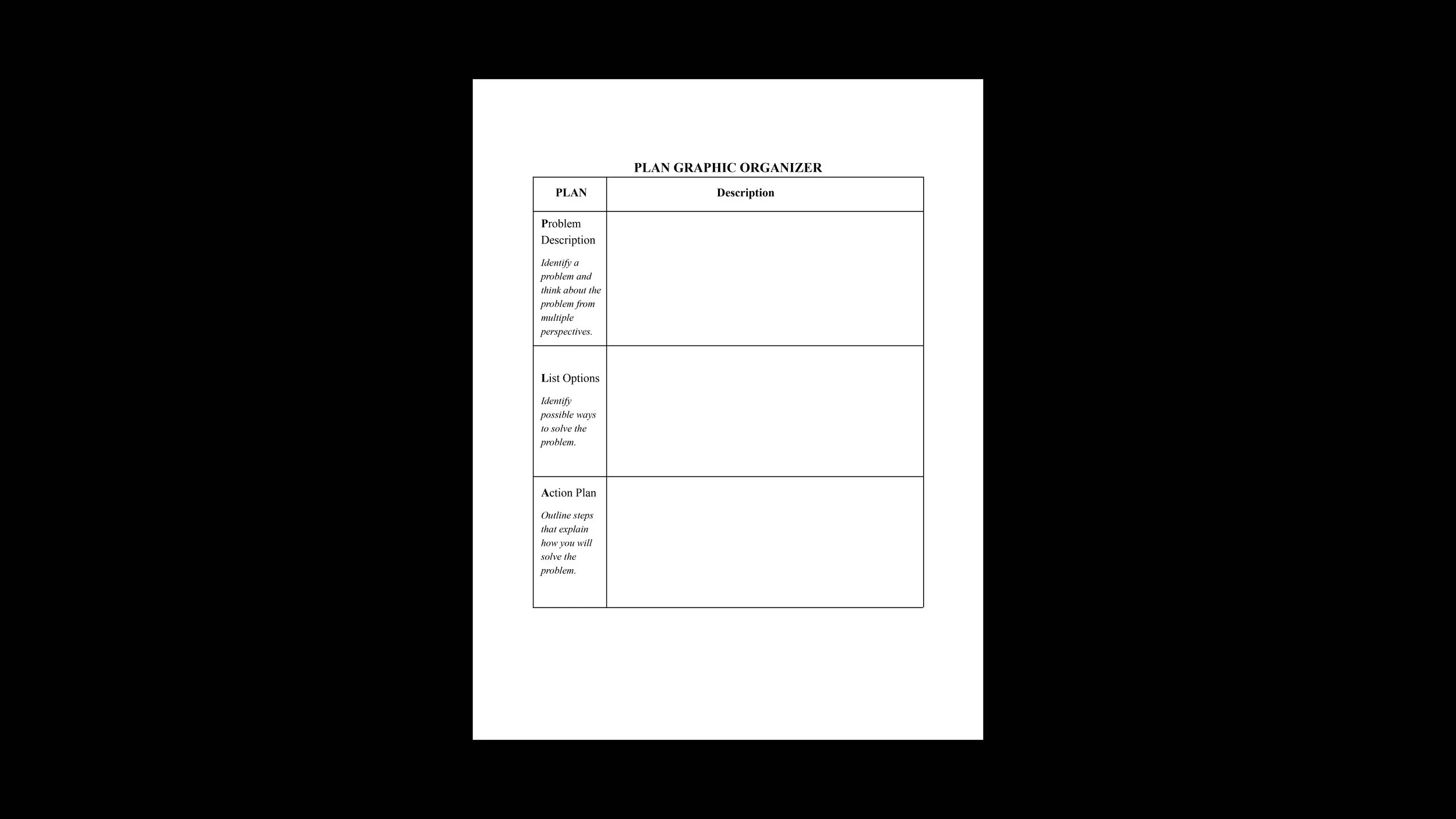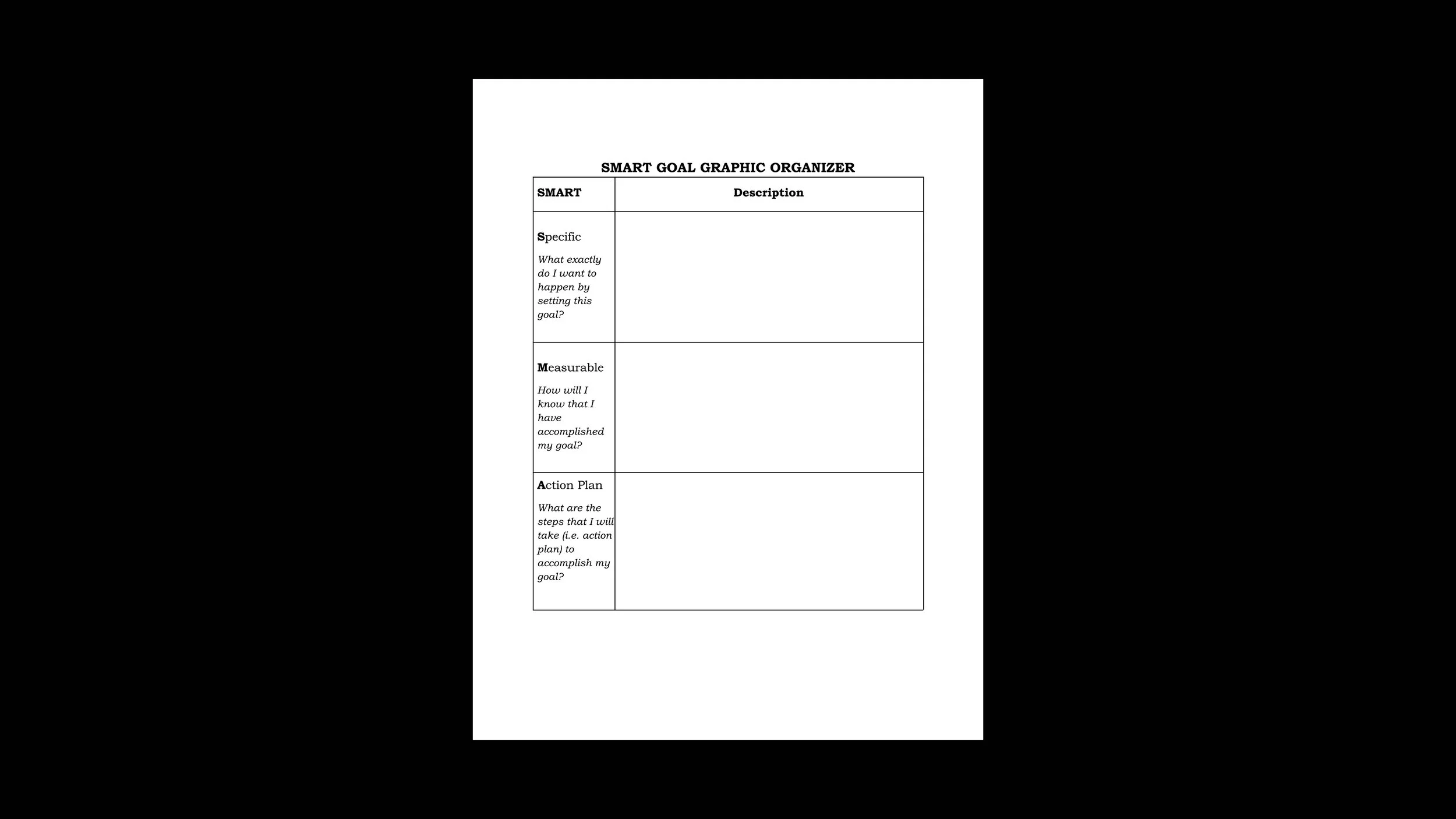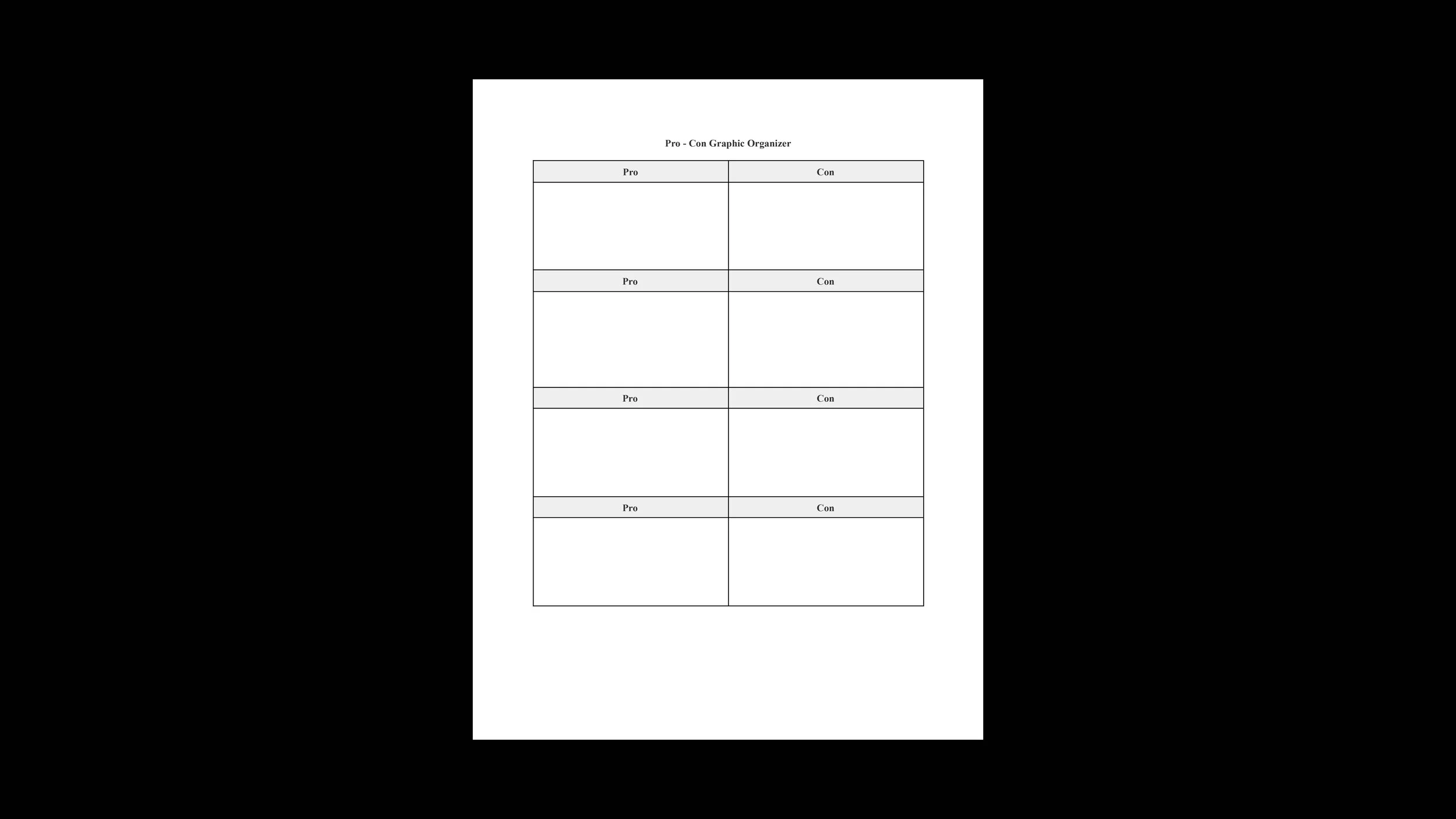Lesson Plan Materials
The matrices provide a visual overview of all lesson plans that have been developed related to current and historical events for three of the STAT instructional strategies: Yes-No-Maybe, Respectful Debate, and PLAN.
We have developed two matrices for each grade band (5-8 and 9-12), which reflect current event topics and historical event topics that social studies teachers may present to their students related to the categories of race, gender, and socio-economic status.
For each lesson, we have identified the essential question that drives the lesson, as well as the background sources and related links that we suggest using with students to provide them with background knowledge about the given topic.
Lesson Plans
Bring STAT strategies to life.
The exemplar lessons coach a teacher through the content of each instructional strategy presented in the book to bring it to life in the classroom. Each lesson is written in a manner to coach teachers through the implementation, adapt the lesson to their particular group of students’ needs and lead the lesson with relative ease.
Lesson plans are grouped based on four of the five instructional strategies:
Note: Norms are not included in the Lesson Plans
Lessons By Grade Level
Handouts & Graphic Organizers
Help your students organize their thinking.
Many STAT lesson plans include suggested handouts and graphic organizers for students to use, in order to help them organize their thinking. While we have found lessons to be more effective when using the graphic organizers, please know that they are not necessary and we encourage you to use your discretion as you know your students' needs best, as well as what practices work best for you.
Yes-No-Maybe: Handouts & Graphic Organizers
Yes-No-Maybe Student Resource
This exercise is helpful for students to use at the beginning of a Yes-No-Maybe lesson to surface their thinking prior to expressing their views in a group setting. It is to be used when you first present the statements and have students reflect on their initial thinking.
Yes-No-Maybe Lesson Reflection
This reflection activity is intended to be used at the end of a Yes-No-Maybe lesson, when students are prompted to reflect on the lesson and what they learned from the experience of peer opinion sharing in writing.
Respectful Debate: Handouts & Graphic Organizers
Neuroabilities Lesson - Guiding Questions (Wonder)
This discussion promoting activity goes along with the Respectful Debate lesson on Neuroabilities, if you choose to use the book Wonder as one of the student texts.
Neuroabilities Lesson - Guided Questions (Out of My Mind)
This discussion promoting activity resource goes along with the Respectful Debate lesson on Neuroabilities, if you choose to use the book Out of My Mind as one of the student texts.
Neuroabilities Lesson - Guiding Questions (Fish in a Tree)
This discussion promoting activity goes along with the Respectful Debate lesson on Neuroabilities, if you choose to use the book Fish in a Tree as one of the student texts.
Debate Considerations Graphic Organizer
This is an extension activity that excites student thinking around the broader impacts of the debate topic for society. It is to be used after the debate to have students explore the respectful debate through four different lenses - Ethical, Legal, Economic, and Scientific.
Audience-Focused Communication (AFC)
Handouts & Graphic Organizers
B.E.S.T. Guidelines
This guide promotes the social awareness skill to teach students effective communication skills before they deliver a presentation. Students can refer to this guide while planning and rehearsing their presentations.
AFC Project Plan Graphic Organizer
This thinking organizer is intended for students to use during the planning phase of their presentation. It helps students consider the content to include while weighing the audience to whom they will present to, and other factors that will impact their presentation.
AFC SEL Skills for Rehearsal & Competency Building
These are SEL skills that we suggest explicitly teaching to students before they rehearse their presentations. We recommend picking one or two skills to focus on, based on your students’ needs.
PLAN Handouts & Graphic Organizers
PLAN Problem Description
This graphic organizer provides students with several guiding questions to be able to analyze the problem through several different lenses and from the perspectives of all parties involved to come up with the most thorough and comprehensive problem description.
PLAN Graphic Organizer
We recommend using this graphic organizer when first implementing a PLAN Comprehensive Lesson with your students, as it simplifies the problem-solving framework.
SMART Goal Graphic Organizer
We encourage you to use this with your students when developing a goal and related action plan, especially if your students are fairly new to establishing SMART goals.
Pro-Con Graphic Organizer
This graphic organizer is rather simple but provides students with a structure for organizing their thinking when considering the negative and positive aspects of each of the different solutions to tackle the problem at hand.





